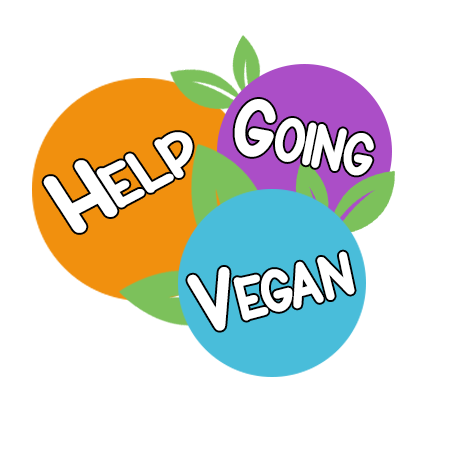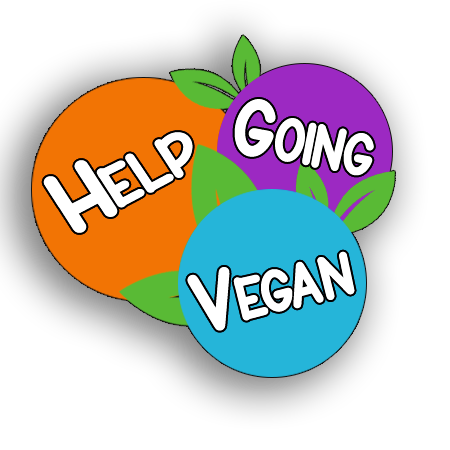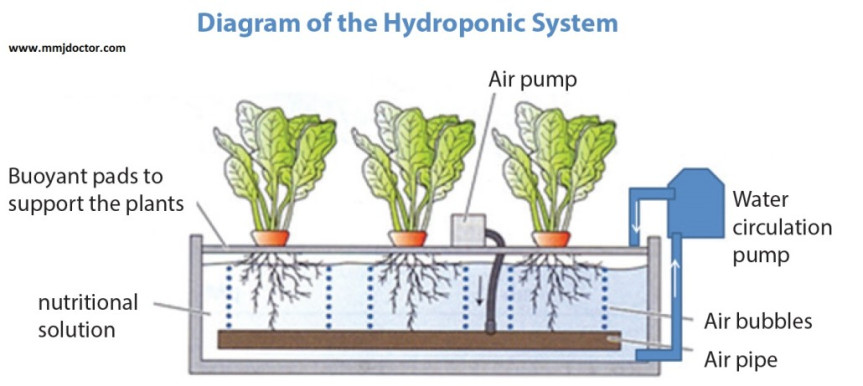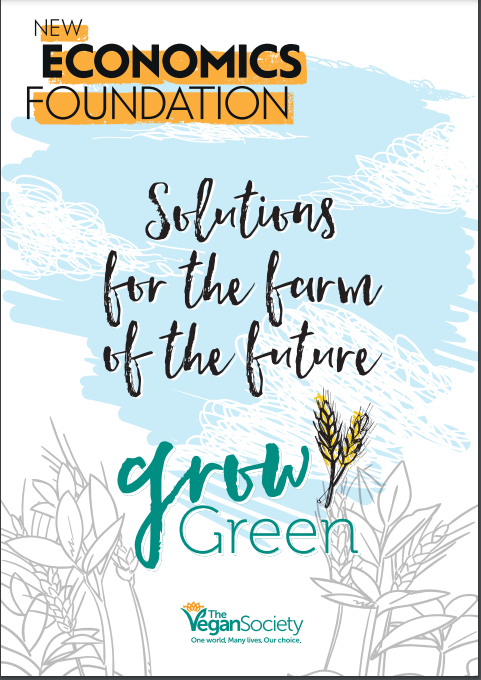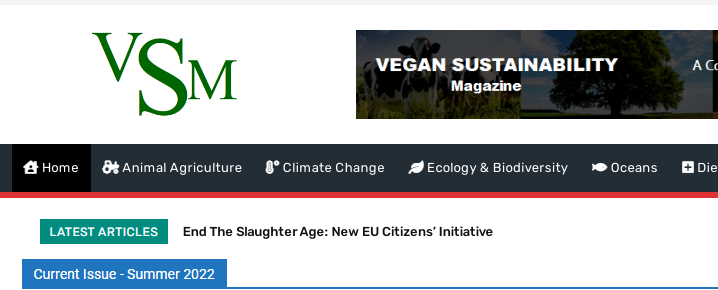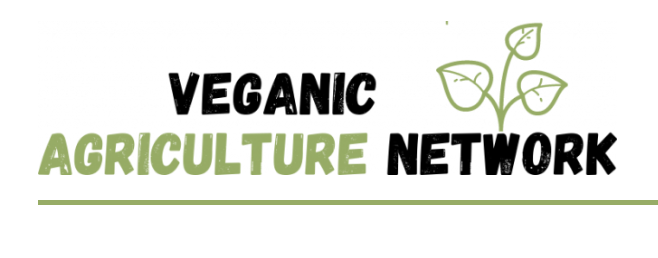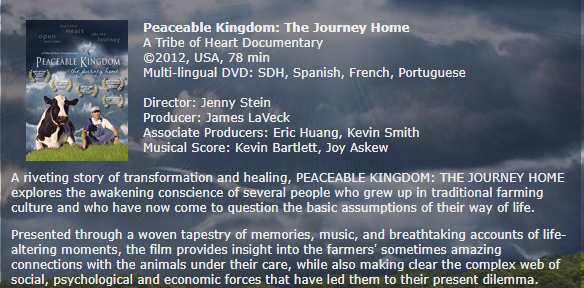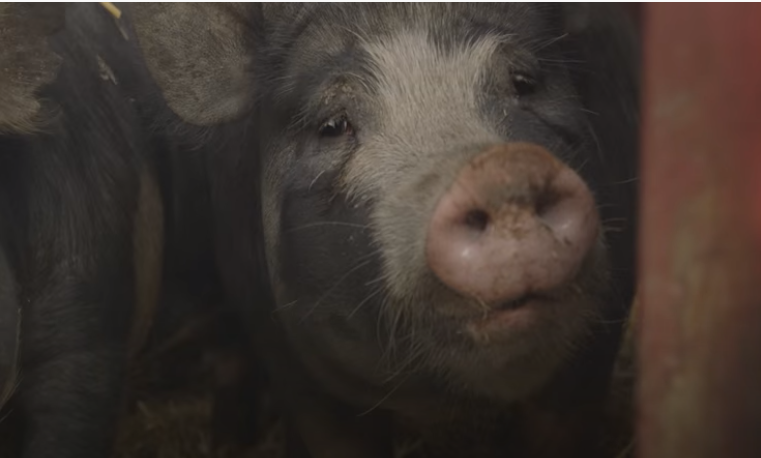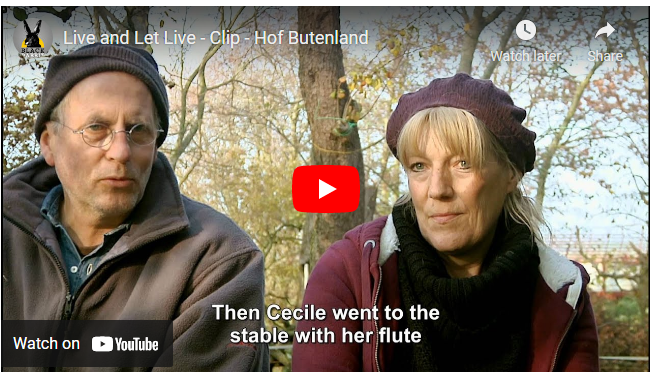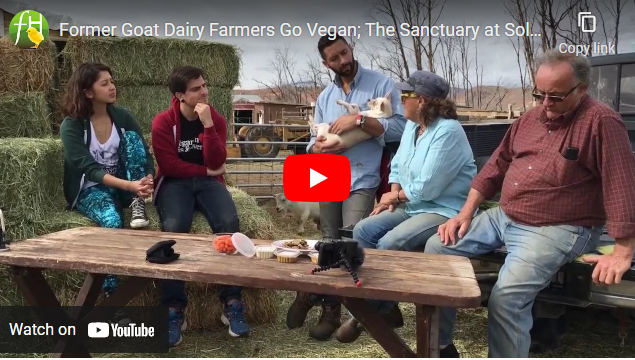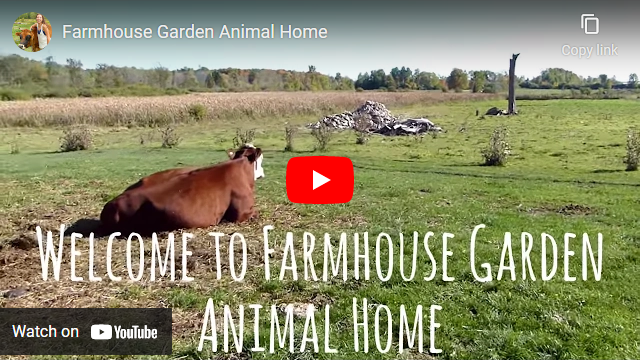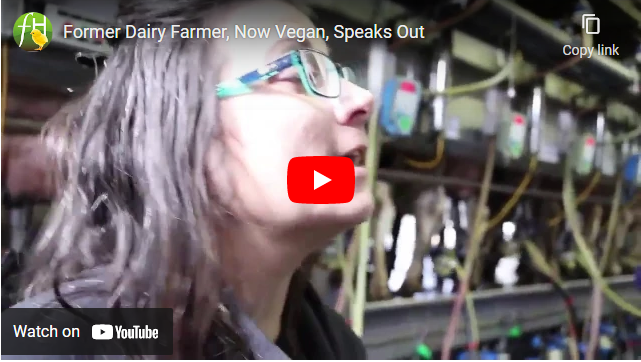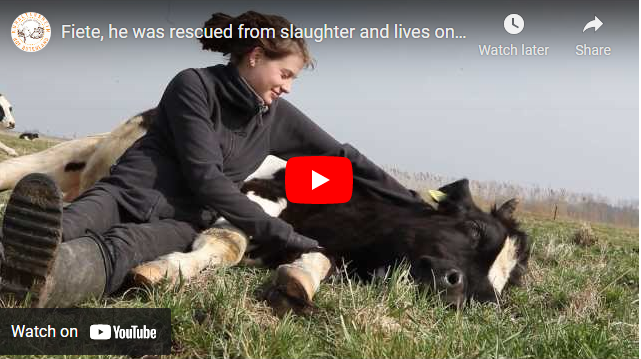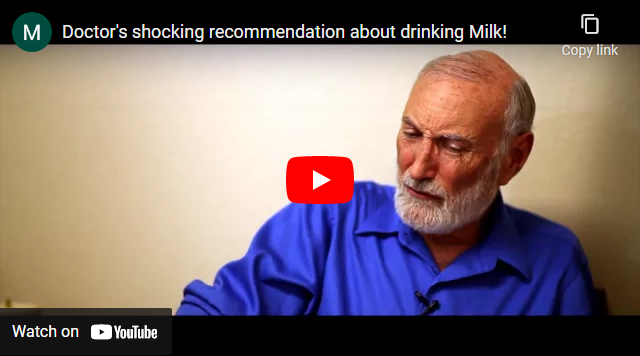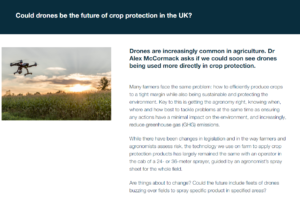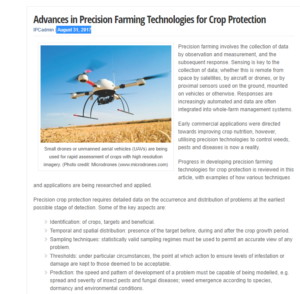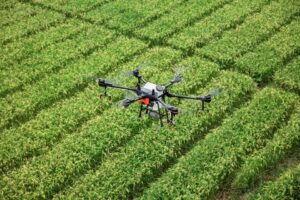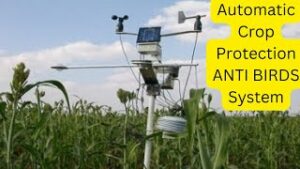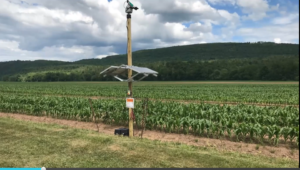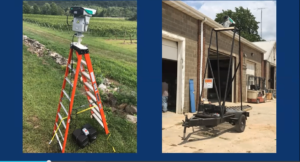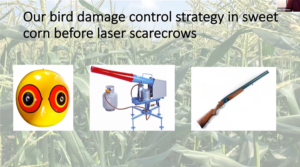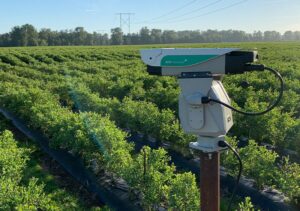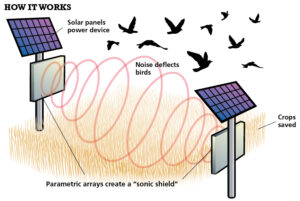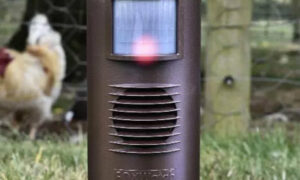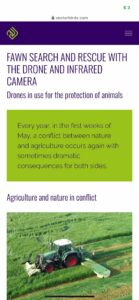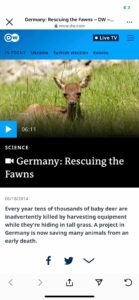The future of farming
No one should be oppressed for someone else to make a living.
There are many viable alternatives to food production and agriculture in general, other than using other animals as food. Alternatives to animal agriculture are not only beneficial to non-humans; they are also a solution to the harsh life and unpredictable income facing farmers in the meat, fish, egg and dairy sectors.
If you are farming animals and you want to make the transition to a more ethical, plant based way of earning a living, please contact us and we will assist in whatever way we can.
VERTICAL FARMING
Vertical farming is a way of taking the controlled environment of a modern commercial greenhouse to the literal next level. By stacking plants vertically on shelves or tall pillars, vertical farming allows 10 times the yield for a given land area.
Plants are grown in completely enclosed conditions, with LED lights replacing sunshine and closed-loop water recycling. There is no need for pesticides, since the indoor space is already free of bugs, and plants can be grown in such clean conditions that there is no need to wash them before eating.
A vertical farm can fit the equivalent of 280 hectares (700 acres) of farmland in a building the size of a large supermarket, and by manipulating the artificial day length and season, it can harvest crops all year round.
Intensive indoor agriculture suffers from high start-up costs and energy bills, but recent advances in increased efficiency and lowered manufacturing costs of LEDs have begun to make vertical farms more cost-effective. It currently only makes sense for certain crops though.
CLICK BELOW TO LEARN MORE
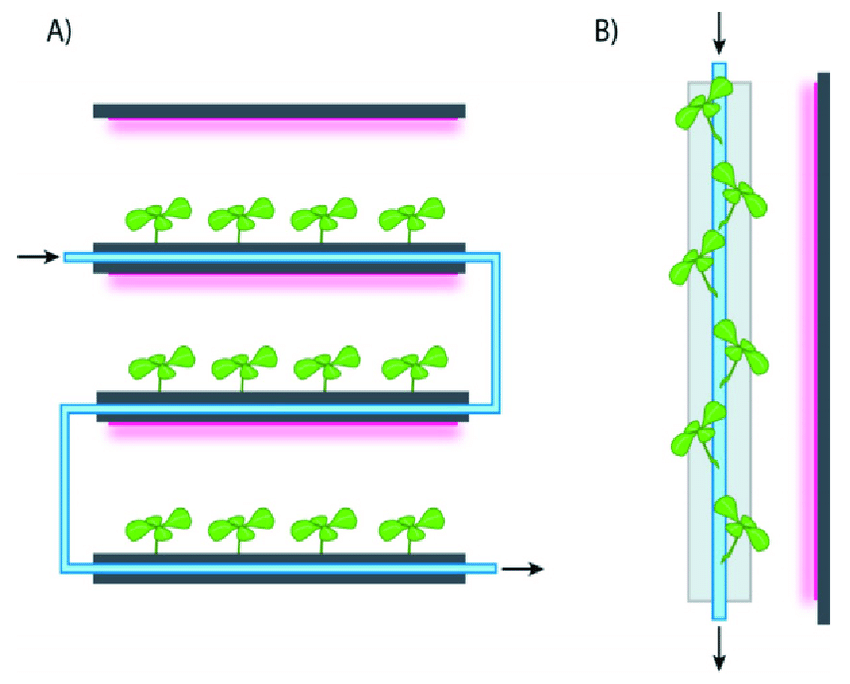
HYDroponic farming
Put simply: Hydroponics is a way to skip the soil, sub in a different material to support the roots of the plant, and grow crops directly in nutrient-rich water.
There are multiple approaches to designing hydroponic systems, but the core elements are essentially the same.
This seemingly subtle shift in how we make food (skipping the soil, that is) is actually revolutionary –– it allows growers to produce food anywhere in the world, at any time of the year, and to net higher yields with fewer resources.
Using hydroponics, we can create hyper-local food systems – and we are! Our container farms are set up right in the communities and regions that we serve. It’s even possible to put a farm directly behind restaurants that want ultra-fresh produce! And when you’re growing hydroponically, you don’t have to hit pause for a season or risk crop loss from inclement weather.
CLICK BELOW TO LEARN MORE
COMBINING THE TWO
Vertical farming practiced on a large scale in urban centers has great potential to:
1. supply enough food in a sustainable fashion to comfortably feed all of humankind for the foreseeable future;
2. allow large tracts of land to revert to the natural landscape restoring ecosystem functions and services;
3. safely and efficiently use the organic portion of human and agricultural waste to produce energy through methane generation, and at the same time significantly reduce populations of vermin (e.g., rats, cockroaches);
4. remediate black water creating a much needed new strategy for the conservation of drinking water;
5. take advantage of abandoned and unused urban spaces;
6. break the transmission cycle of agents of disease associated with a fecally-contaminated environment;
7. allow year-round food production without loss of yields due to climate change or weather-related events;
8. eliminate the need for large-scale use of pesticides and herbicides;
9. provide a major new role for agrochemical industries (i.e., designing and producing safe, chemically-defined diets for a wide variety of commercially viable plant species;
10. create an environment that encourages sustainable urban life, promoting a state of good health for all those who choose to live in cities.
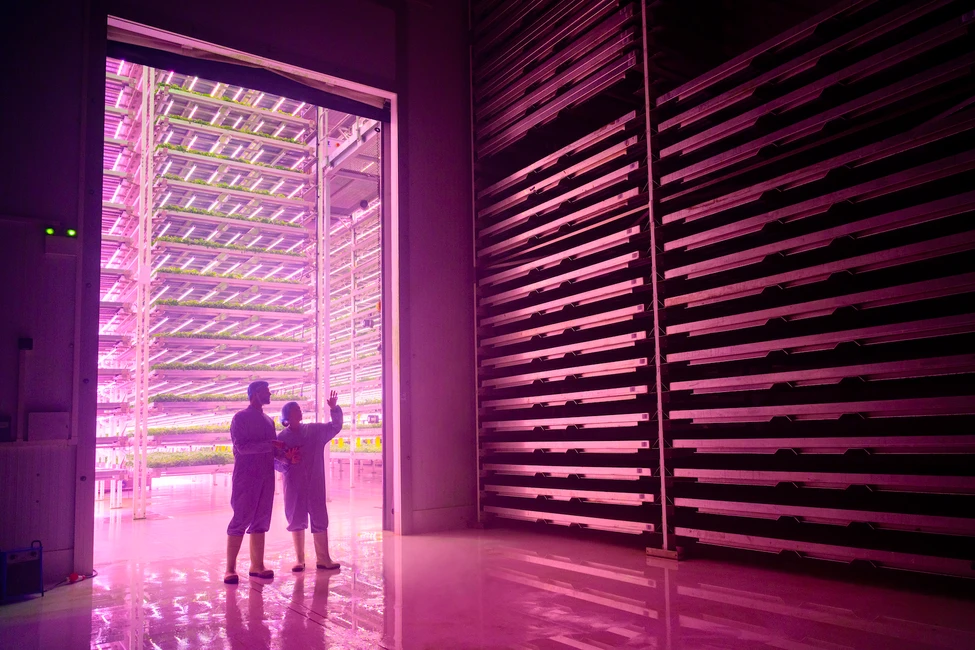
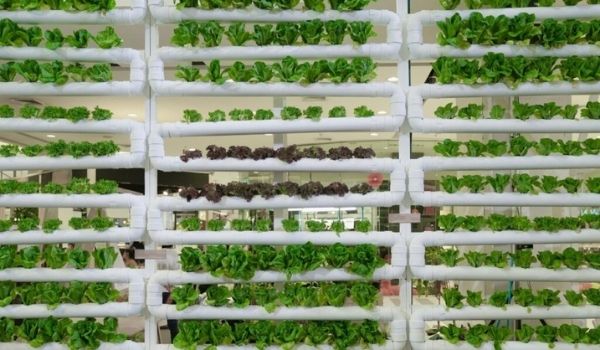
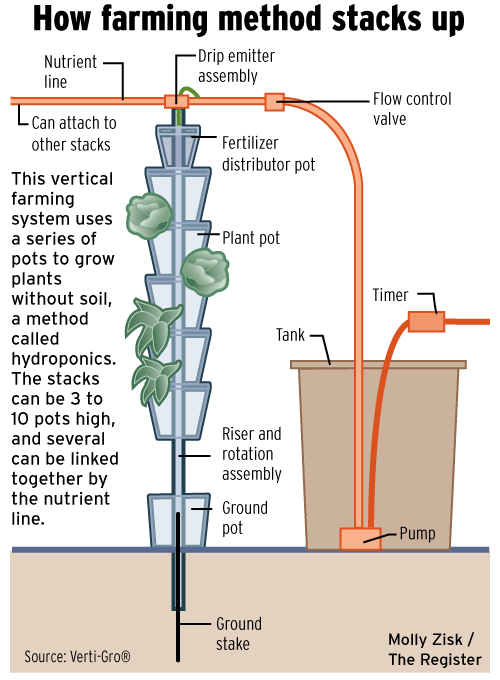
No Soil. No Growing Seasons. Just Add Water and Technology.
KILL time, not life.
Vegan Sustainability is a magazine rooted in a non-violent ethos that advocates love and compassion for all living beings. We promote a sustainable lifestyle that meets our own needs without compromising the ability of other species to meet their needs for present and future generations. The production of animal foods is the single greatest threat to human society and to all species on the planet, and the environment. It is the main cause of biodiversity loss, deforestation, climate change, nutrient loading, and human illness.
The Veganic Agriculture Network is a movement in North America to promote the production of fruits, vegetables, legumes, and cereals without the use of artificial substances nor the use of animal products. We promote sustainable, low-impact, plant-based farming and gardening.
Yorkshire Hemp supplies both certified organic and conventional bulk hemp to the baking and food manufacturing industry as well as supplying branded hemp products branded as “Yorkshire Hemp” to the UK health and whole food markets.
A riveting story of transformation and healing, PEACEABLE KINGDOM: THE JOURNEY HOME explores the awakening conscience of several people who grew up in traditional farming culture and who have now come to question the basic assumptions of their way of life.
This award-winning film chronicles the life of a farmer in crisis: after a decade of raising pigs, he can no longer bear the ultimate act of betrayal.
Set amidst the rolling farmland of Upstate New York, THE LAST PIG documents the final year of a small-scale farmer and the pigs under his care.
Deeply immersive, the film is a poetic snapshot of farm life – but also a contemplation on ethics, choice, and the changing landscape of animal agriculture. With stunning cinematography and in intimate detail, it captures the farmer’s personal upheaval as he questions his beliefs and the value of life.
Through the story’s simple intimacy, the farmer’s moral quandary quietly becomes our own.
